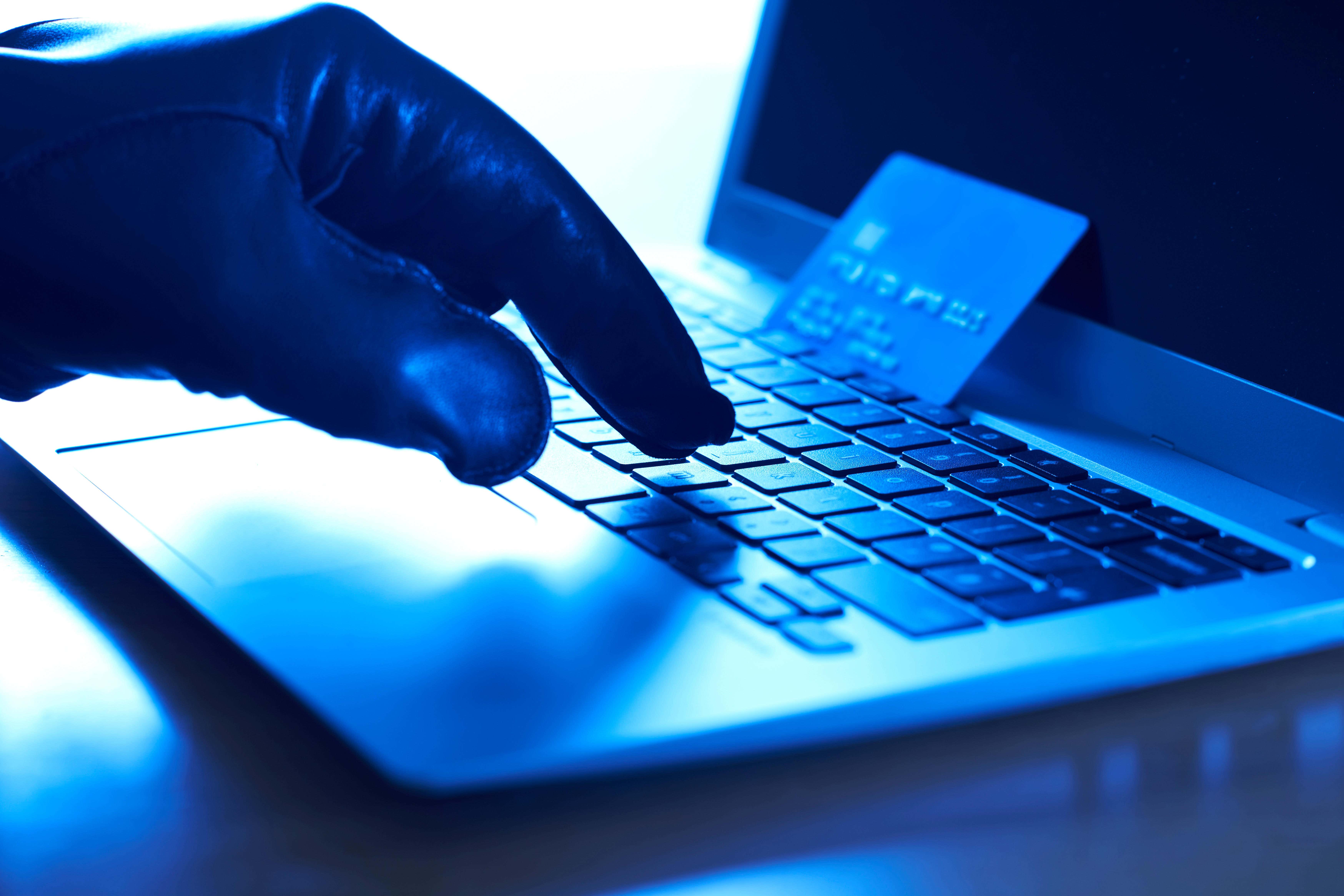How to spot a cyber scam
Anything can be faked online now, even the Money Saving Expert himself.

With scams becoming more sophisticated and convincing, what should we know if we want to stop cyber criminals in their tracks?
The scams growing in prominence
“There are a wide array of scams targeting consumers in the world today, which take various forms and sizes,” says David Emm, a senior security researcher at Kaspersky.
“Firstly, there are scams related to high-profile events, ranging from sporting occasions to grand celebrations like the King’s coronation. Fraudsters target unsuspecting individuals with counterfeit tickets, merchandise, and similar schemes.
“Additionally, there are ongoing scams associated with everyday activities, involving such things as fraudsters posing as banks or institutions like the HMRC, aiming to deceive people and extort money. In essence, scammers demonstrate opportunistic behaviour, capitalising on any situation, to exploit unsuspecting individuals for financial gain,” Emm explains.
And these scams are becoming more technologically advanced.
“Cyber criminals are becoming increasingly sophisticated, making it harder to spot scams. However, there are several things you should look out for, which can help you avoid falling victim,” says Simon Newman, member of the International Cyber Expo’s Advisory Council.
How to spot them
“Identifying scams has become increasingly challenging due to their growing sophistication and level of detail in recent years. While you can sometimes spot them by paying attention to spelling errors in text or the URLs they use, the most effective approach to dealing with potential scams, is to refrain from responding to any unsolicited communications,” Emm says.
“If an email or text message prompts you to provide information or click on a link, it should raise a major red flag. Legitimate banks or reputable businesses will never ask for sensitive information through such means. By adopting this practice consistently, regardless of the scam’s level of sophistication, you can protect yourself from becoming a victim.”
It can be really hard to tell the difference between real communications and scams.
“Scammers will go to great lengths to imitate legitimate companies, carefully replicating logos and even using stock imagery. They can even try to mimic the URL, making it appear as close as possible to the legitimate address. Just like spotting a counterfeit Gucci handbag while on holiday, paying attention to detail is crucial. Verify everything and avoid assuming that something is genuine, solely based on its appearance,” Emm explains.
“Scammers often request personal and confidential information, such as passwords, account numbers, and PIN codes. They typically create a sense of urgency, encouraging you to take some form of action, which could be as simple as replying to their message. You should exercise caution and be wary of such requests, as sharing sensitive information can put you at risk of identity theft or financial fraud.”
Think about what they are promising.A promise that sounds too good to be true – such as a guaranteed return on your investment – probably is. “You should also be wary of celebrities being used in adverts to front these types of schemes,” explains Newman.
“Criminals are very good at using people we trust to encourage others to part with their money. Many well-known TV personalities have been used without their permission to advertise a wide range of scams, from miracle diet pills to cryptocurrency schemes. It’s always best to seek independent financial advice before investing in anything.”Celebrities are also now being used to advertise products using ‘deepfakes’, with Martin Lewis being the most recent to have his image wrongly used.
“The rise of deepfakes, where artificial intelligence is used to create fake videos, audio and photographs, is becoming harder to spot as the technology improves. Poor quality deepfakes are easier to spot – perhaps the colours differ, or the sound isn’t as clear as you would expect, but as these types of scams improve, the use of artificial intelligence may be the only way to detect whether you are looking or listening to a deepfake or the real thing,” Newman says.Shopping online is also a minefield when it comes to cyber scams.
“Consumers should always start by researching a business before buying from them – from consulting consumer resources to seeking out their company information, such as a formal contact and business registration details,” says Natalie Kelly, head of risk at Visa Europe.
“When paying online, always check the URL to ensure it begins with ‘https://’. The ‘s’ at the end indicates a secure connection. Additionally, check the name of the web page does not contain spelling errors or strange characters, as this can be a telltale sign that the seller is not legitimate,” she advises.
“Do not ever feel pressured into making a purchase or booking – it should wait until you have done your research and are confident you’re in safe hands.”
Bookmark popover
Removed from bookmarks